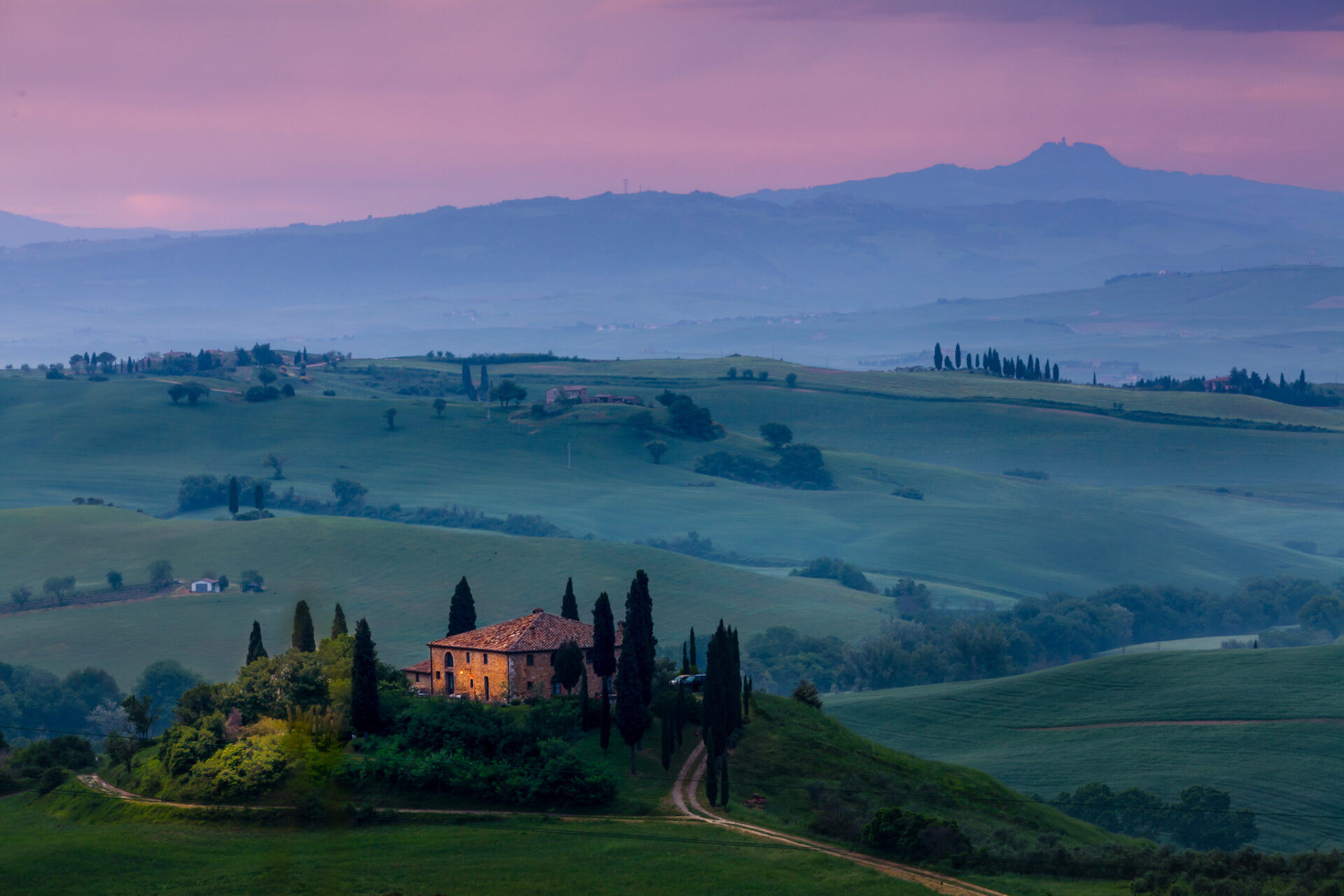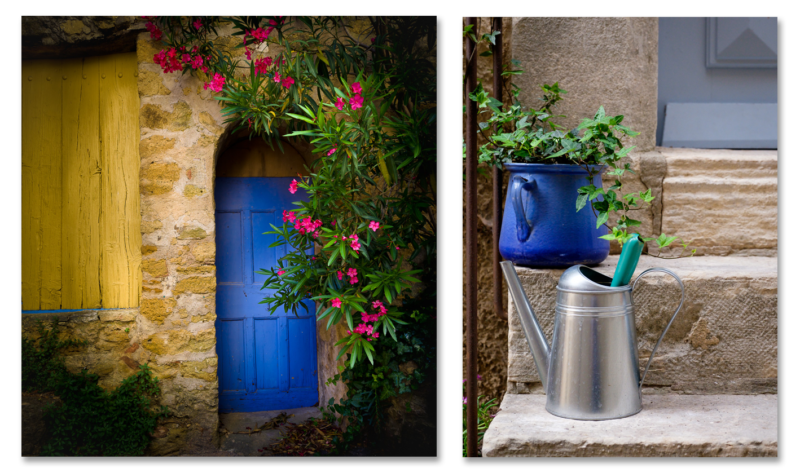Is passion necessary to create great images? If you are not passionate about your subject, is it possible to create images that others will find interesting, let alone inspiring? To quote Jay Maisel, “If you’re not excited about your images, how can you expect me to be excited about them?” It’s hard to argue against this idea, (and yet commercial photographers are called upon to do this everyday; against deadlines, and within ever shrinking budgets.) So, if you aren’t feeling particularly passionate about shooting on a given day is there any point to picking up your camera at all? Given the basic premise here, you’re only going to create uninspired, boring images, aren’t you? Is there any point to working at photography simply for the sake of working at it?
Some are blessed with an immediate and clearly defined passion for a particular subject. For some, it might be a burning social or environmental issue. For others, it might simply be documenting the growth of their children. For others still, their particular “passion” in image making may not be so apparent. For those in the latter category: exactly how do you go about finding your passion, this so necessary ingredient in creating images with meaning, images that communicate something about your vision and capture the imagination of your viewers?
Freeman Patterson once said, “If you only make photographs when you feel like it, you’ll never improve”.
The inference is that working constantly is an essential part of not just becoming technically proficient, but also in refining your vision. Working constantly, even when feeling uninspired forces you to work through the inevitable periods of creative blockage that we all experience. If you work constantly and thoughtfully, your skills in composing with good visual design and mastery of the mechanical issues of camera handling will become second nature. And they must become second nature in order for you to do proper justice to subject material about which you are truly passionate. This is just Malcolm Gladwell’s 10,000 hours of deliberate practice needed to become expert in new field.
Seeing creatively requires practice… it’s often hard work, but through this hard work, creativity can be learned and improved upon. Patterson suggests an exercise in one of his books on developing creativity and vision that involves locking yourself in your bathroom with your camera, a single lens, and your tripod. The object is to create 36 or more different images using good visual design (this exercise is described in one his books from the “pre-digital era”). Try it. Believe me, it’s hard to find 36 unique and creative images in my bathroom, although yours may be different.
I am also reminded of a story I read years ago… not sure if was the old “Modern Photography” or maybe “Photo Techniques”, but the author related a time when he had invited Andre Kertesz to a weekend away in his cabin. He awoke one morning to find Kertesz outside with his camera studying a pile of firewood, moving back and forth, shooting frame after frame, which to the author appeared to be of nothing particularly interesting. When he confronted Kertesz, asking him, “What on earth he could find interesting to shoot in a pile of firewood?”, Kertesz responded that he simply needed to exercise his “visual muscles” every day, “just to stay sharp”.
Truth is I’m only 90% sure it was a story about Kertesz… it was along time ago. But I do clearly recall the content of the story, and it has resonated with me across three decades. Craft is a necessary precursor to creating great work. To become proficient at craft you have to work at it… even when it seems like the muse will not visit that day. In many ways I think the muse, like “luck”, favours the prepared. And being prepared requires hard work and visual exercise everyday. Now, I’m not suggesting that you simply go out and shoot blindly; it’s important to think about visual design and use these principles every time you point a camera at something. It’s not important that the resulting images be portfolio grade, in fact you may end up dumping most of them after a quick review. It doesn’t matter.
And what have you to lose? Time? Money? It costs you nothing incrementally in this digital age… a far cry from the final years of film, where E100SW topped out a $0.56 per frame developed and mounted here in Vancouver. As for time: any moment behind the camera is a moment savoured for me.
Working constantly also helps you to develop and refine your vision. You will find yourself over time drawn to particular types of subject material. Over time you will begin to see a pattern develop in how you approach these subjects. When this happens, you will be experiencing the emergence of your own personal style. In a very real sense, working constantly helps you to find your passion, to produce images that will excite you and in turn, will excite the imagination of your viewers. I’d like to hear your opinion, but for now you will have to excuse me… my camera bag is calling.




Thoughtful discussion is welcome. Comments may be moderated for clarity and relevance.